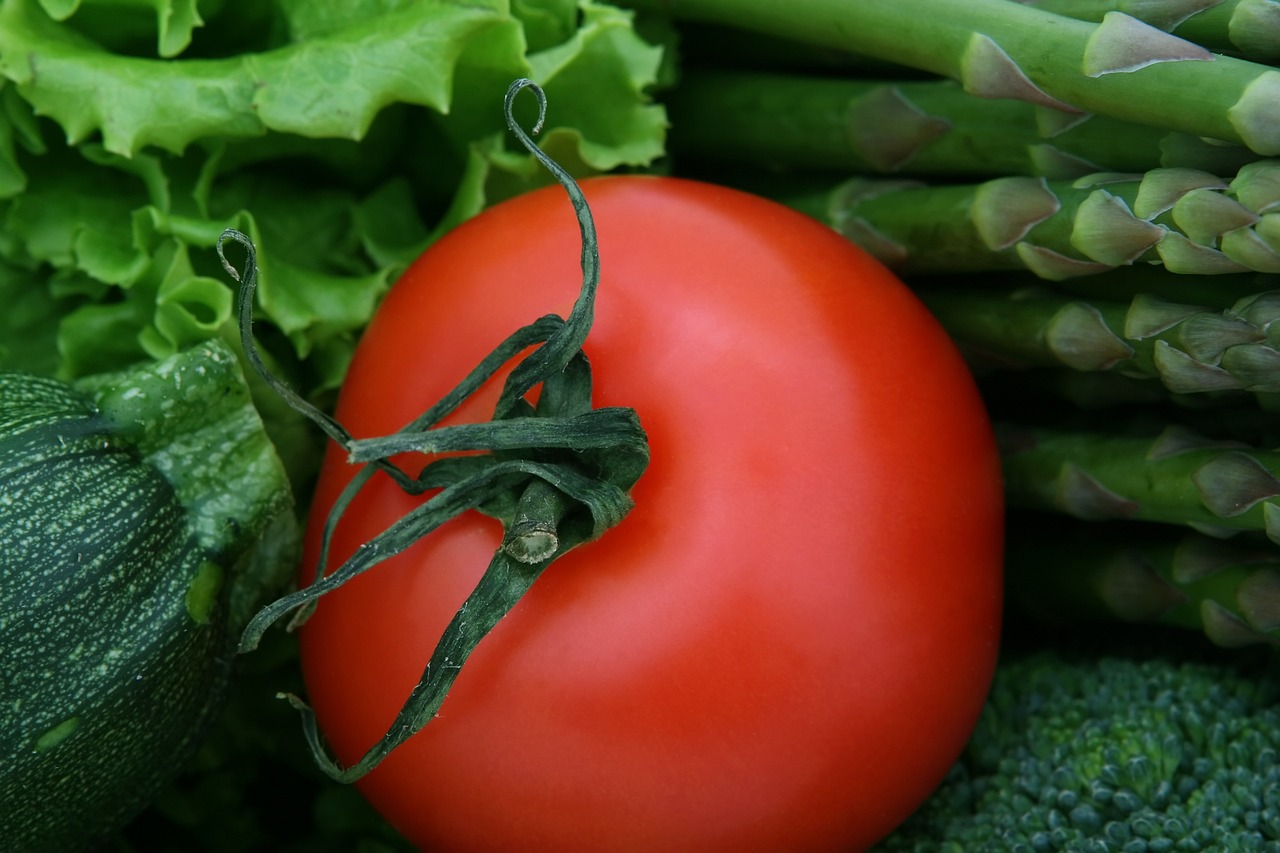
In times of stress, it can be easy to turn to comfort foods or forget about proper nutrition altogether. However, maintaining a healthy diet is crucial for both physical and mental wellbeing during these challenging times. Fortunately, there are a variety of nutrition hacks that can help you stay on track and feel your best, even when life feels overwhelming. From simple meal prep strategies to stress-busting superfoods, these tips and tricks will help you nourish your body and mind, no matter what life throws your way. So, whether you’re facing a busy work week, a difficult personal situation, or just feeling a bit overwhelmed, read on for some nutrition hacks that can help you stay healthy, happy, and resilient.
1. “Fuel Your Body and Mind: “
In times of stress, it’s easy to reach for comfort foods that may not be the best for our bodies or minds. But with a little planning and creativity, we can fuel ourselves with nutritious options that will help us power through challenging times. Here are some nutrition hacks to keep in mind:
– Incorporate protein into every meal: Protein helps keep us full and satisfied, and can also help regulate our mood. Aim for lean sources like chicken, fish, tofu, or beans.
– Load up on veggies: Vegetables are packed with vitamins, minerals, and fiber that can help us feel our best. Try to include a variety of colors and types, such as leafy greens, cruciferous veggies like broccoli or cauliflower, and root vegetables like sweet potatoes or carrots.
– Choose complex carbs: Carbohydrates provide energy for our bodies and brains, but not all carbs are created equal. Opt for whole grains like brown rice, quinoa, or whole wheat bread, which provide more sustained energy than refined options like white rice or pasta.
– Don’t forget healthy fats: Our brains need fat to function properly, so including sources like avocado, nuts, seeds, and olive oil can help support our mental health.
– Stay hydrated: Dehydration can contribute to feelings of fatigue and brain fog, so make sure to drink plenty of water throughout the day.
In addition to these nutrition tips, it’s also important to be mindful of our eating habits in times of stress. Stress can cause us to overeat or make unhealthy choices, so taking a few deep breaths before a meal or snack can help us tune in to our hunger and fullness cues. It’s also helpful to have healthy snacks on hand, like fresh fruit, veggies and hummus, or a small handful of nuts, to prevent us from reaching for less nutritious options when we’re feeling stressed or overwhelmed. By prioritizing our nutrition during stressful times, we can give our bodies and minds the fuel they need to thrive.
2. “Eating Your Way to a Calmer State: Quick and Easy Nutrition Hacks”
Are you feeling stressed and anxious? Did you know that what you eat can have an impact on your mood? Here are some quick and easy nutrition hacks to help you eat your way to a calmer state:
– Incorporate more omega-3 fatty acids into your diet. These healthy fats have been shown to reduce inflammation and improve brain function, which can lead to a more stable mood. Try adding fatty fish like salmon or sardines to your meals, or supplement with fish oil if you don’t eat fish.
– Eat more complex carbohydrates. Carbs get a bad rap, but they’re actually an important source of energy for our bodies and brains. Complex carbs like whole grains, fruits, and vegetables release glucose slowly into the bloodstream, providing sustained energy and preventing mood swings. Try swapping out refined carbs like white bread and pasta for whole grain versions, and snack on fruits and veggies throughout the day.
– Incorporate more probiotics into your diet. Probiotics are beneficial bacteria that live in our gut and help support digestion and immune function. They’ve also been linked to improved mood and reduced anxiety. Try eating fermented foods like yogurt, kefir, sauerkraut, or kimchi, or take a probiotic supplement.
– Don’t forget about hydration. Dehydration can lead to fatigue, headaches, and irritability, so make sure you’re drinking enough water throughout the day. Aim for at least 8 glasses, and consider adding some flavor with fresh fruit or herbs.
By making these simple changes to your diet, you can help support a calmer, more stable mood. Give them a try and see how you feel!
3. “From Snacks to Supplements: The Ultimate Guide to Managing Stress with Nutrition
Stress is a common problem in today’s fast-paced world, and it can have a significant impact on our health and well-being. Fortunately, nutrition can play a crucial role in managing stress levels, from the snacks we eat to the supplements we take. Here are some tips to help you manage stress with nutrition:
– Incorporate more whole foods into your diet, such as fruits, vegetables, whole grains, and lean proteins. These foods provide essential nutrients that can help regulate stress hormones and improve overall health.
– Avoid processed and sugary foods, which can lead to blood sugar spikes and crashes that can worsen stress levels. Instead, choose snacks like nuts, seeds, and fresh fruit, which can provide sustained energy and essential nutrients.
Supplements can also be helpful in managing stress, but it’s important to choose the right ones. Here are some supplements that may help reduce stress levels:
– Ashwagandha: This herb has been used for centuries in Ayurvedic medicine to help reduce stress and anxiety. It may also improve sleep quality and cognitive function.
– Magnesium: This mineral is essential for many bodily functions, including nerve and muscle function. It may also help reduce stress levels by regulating the production of stress hormones.
– Omega-3 fatty acids: These essential fatty acids are found in fish, nuts, and seeds and may help reduce inflammation and improve mood, which can help manage stress levels.
By incorporating these tips into your diet and supplement regimen, you can take a holistic approach to managing stress and improve your overall health and well-being. In conclusion, taking care of our nutrition during stressful times is crucial for our physical and mental health. By incorporating these nutrition hacks into our daily routine, we can boost our immunity, reduce stress levels, and increase our overall wellbeing. Remember to prioritize your nutrition and make small changes that can have a big impact on your health. So, the next time you find yourself in a stressful situation, don’t forget to fuel your body with the right nutrients and take care of yourself. Stay healthy and stay happy!
